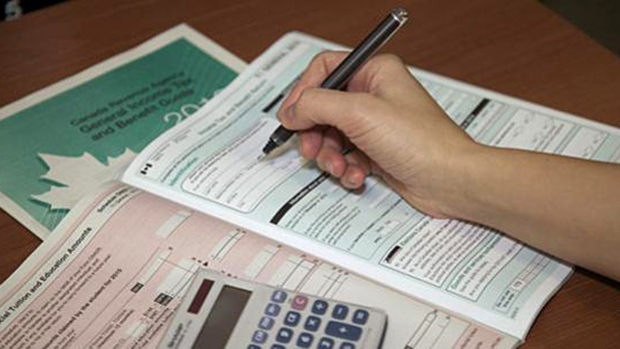If you have ever been audited by Canada Revenue Agency, you know that even if you have done everything by the books it is a panic-inducing situation and you may even feel guilty until proven innocent. So it is best to avoid an audit at all costs.
Let’s start with the obvious. While the tax filing deadline is typically April 30, this year it falls on a Saturday so the deadline has been extended to on or before May 2, 2022. If you owe money that deadline is also extended to May 2, 2022.
Even before you file though, it is good to know a few of the red flags that could trigger the dreaded audit.
1. Innocent mistakes are still omissions. You might think you received all of your tax slips for reporting purposes but failing to report all of your income generated in 2021 is an offence and CRA will come calling. This also applies to hiding cash income.
2. You may have embraced the work-from-home mandate and created an office for that purpose. Your deductions need to be realistic and a great place to start is with the allowable deduction. If you are eligible, you can claim a deduction of $2 for each day worked at home in 2021 due to the pandemic. The maximum claim is $500 for the maximum of 250 working days. The CRA will look closely at how you used this space, how often and the division between business and personal use. Think twice about claiming unrealistic deductions.
3. If you drive your personal vehicle for work, keep a journal outlining personal use and business use expenses. Journal it every time you drive -- and I mean every time. Trying to go back and reconcile it is almost impossible. With the price of gas as high as it has been there may be a temptation to inflate the business mileage. Don’t do it. This is an area that receives a great deal of scrutiny, especially if you try to write it all off.
4. If you have a rental property used to generate additional income and yet repeatedly have rental losses, the CRA will question the validity of the property. For good reason, aggressive reporting of costs to offset revenue makes them question the investment.
5. For most Canadians year after year, their tax returns follow a similar pattern so if you became self-employed and had significant changes in your income or deductions in 2021 you might have some explaining to do. The good news: this is easily solved when you have documentation that clearly validates the changes.
If the CRA decides to contact you it could be via phone, email, mail or text message. However, the best way to avoid a scam is to use your CRA account supported with password protection, sign up for email notifications and monitor your accounts for suspicious activity.
One final thought: if the CRA wants additional information, provide it. Sometimes a simple clarification can go a long way in avoiding a full-blown audit.










































